Keywords: Mining
There are more than 200 results, only the first 200 are displayed here.
-
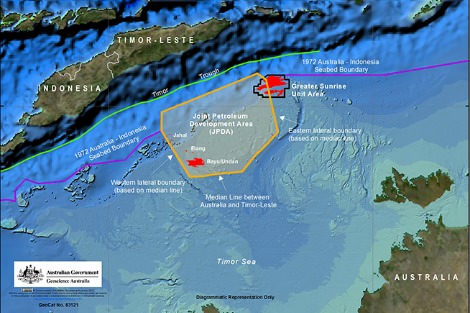
INTERNATIONAL
- Frank Brennan
- 17 January 2017
17 Comments
Without any media fanfare, Foreign Minister Julie Bishop published a statement on 9 January 2017 announcing that Australia and Timor Leste had agreed to terminate the 2006 Treaty on Certain Maritime Arrangements in the Timor Sea. This news is more welcome to the Timorese government than to the Australian government. But the uncertainty created by this Timorese win might in time impact more adversely on Timor than on Australia. Only time will tell.
READ MORE 
-

INTERNATIONAL
- Francine Crimmins
- 19 December 2016
22 Comments
A few years ago I woke up on Christmas morning to see a small, neatly wrapped gift under the tree. The size and shape were familiar and I was excited to see my name on the gift tag. I'd wanted a new phone all year ... one with one of those touch screens everyone else seemed to have. A few months later I could no longer feel pride for my phone, instead just guilt. I'd sat down and watched a documentary about how phones just like mine were manufactured.
READ MORE 
-

AUSTRALIA
- Tariro Ndoro
- 07 December 2016
2 Comments
Last week, the much dreaded bond notes were released into the economy, in a move hoped to alleviate the cash crisis. Most citizens are negative about the move, with good reason - the last time Zimbabwe had its own currency was 2009, when inflation was so high the currency had to be dropped to salvage the economy. Most Zimbabweans remember that time well: every other month citizens had to drive to Botswana to put food on the table because the country's own shops were empty.
READ MORE 
-
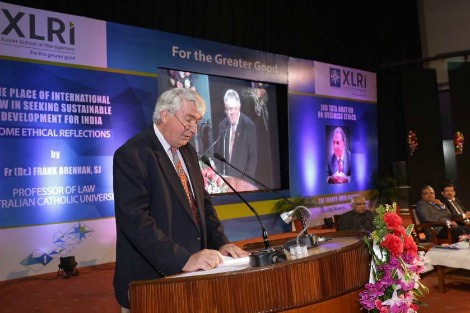
ENVIRONMENT
- Frank Brennan
- 02 December 2016
9 Comments
Neither India nor Australia can go it alone when confronting a global issue such as climate change. India cannot disregard the effects on other nations when it adopts laws and policies for alleviating the poverty of the poorest of the poor. Australia cannot disregard the effects on other nations when it considers restricting the availability of resources for export such as coal which might help provide electricity for the world's poorest citizens.
READ MORE 
-

ENVIRONMENT
- Frank Brennan
- 28 November 2016
'No matter what the economic, political and legal problems confronted by modern day India, our response can be improved by an application of the key principles and norms developed in the international law of trade and human rights, helping to enunciate the realm of law, regulation and political accountability, enhancing public scrutiny providing the right environment for doing business.' Frank Brennan presents the 25th JRD Tata Oration, Xavier School of Management, Jamshedpur, India, 26 November 2016.
READ MORE
-
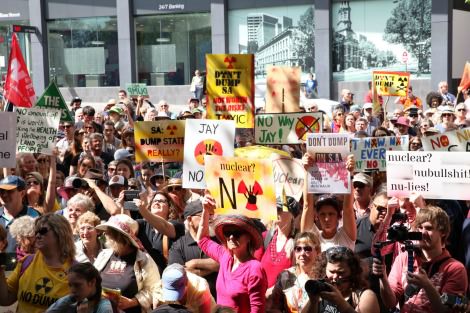
ENVIRONMENT
- Michele Madigan
- 17 November 2016
11 Comments
The last 30 days have seen some big developments in the ongoing attempts of Premier Weatherill's plan to import high-level and intermediate level radioactive waste. On Sunday 6 November came the surprising decision of the Premier-initiated Citizens Jury. By the end of their six day deliberations, the 350 second round jurists showed a decided shift in opinion. Their 50 page report, presented to a somewhat discomfited Premier, had a strong two thirds majority against the dump.
READ MORE 
-
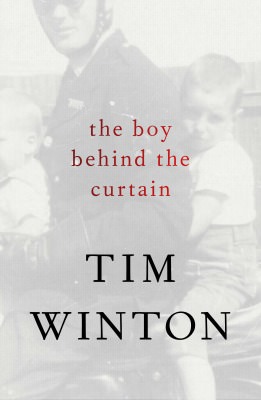
ARTS AND CULTURE
- Tim Kroenert
- 26 October 2016
1 Comment
'When I was a kid I liked to stand at the window with a rifle and aim it at people.' So begins the opening, titular essay. It is a singularly arresting entre to an essay that charts the author's complex relationship with firearms (part awe, part terror), by way of commenting on the place of guns in Australian society. In this collection of essays Winton adopts this mode frequently, weaving (sometimes deeply) personal narratives into stirring, thoughtful commentary on a broad range of social and political issues.
READ MORE 
-

AUSTRALIA
- Frank Brennan
- 13 October 2016
2 Comments
With idealism and pragmatism, I invite you criminal lawyers in the next 30 years to imagine and enact a better criminal justice system which alleviates rather than exacerbates the devastating effects of colonisation and marginalisation on Indigenous Peoples, and most particularly their children. An intelligently designed criminal justice system must help secure the foothold of Indigenous children in both the Market and the Dreaming.
READ MORE
-

ECONOMICS
- David James
- 10 October 2016
2 Comments
The strategy of the Big Four banks' appearance in parliament was clear enough. Blame the whole thing on a need to improve impersonal 'processes', imply that there have been a few bad apples but overall things are fine, and promise to do better in the future. The greatest challenge was probably to hide the smirks. A royal commission is being held up as an alternative, and no doubt it would be more effective. But a royal commission would not address the main issue.
READ MORE 
-

ARTS AND CULTURE
- Tim Kroenert
- 28 September 2016
1 Comment
Snowden's disclosures regarding the data-mining activities of the US government sparked a worldwide debate about security versus privacy that rages to this day. If his status as either a villain or a hero - a traitor, or the ultimate patriot - remains a matter of debate in some circles, you won't die wondering in which camp Oliver Stone sits. In Snowden the famously didactic filmmaker posits an utterly sympathetic portrait within the structure of a lithe and gripping political thriller.
READ MORE 
-
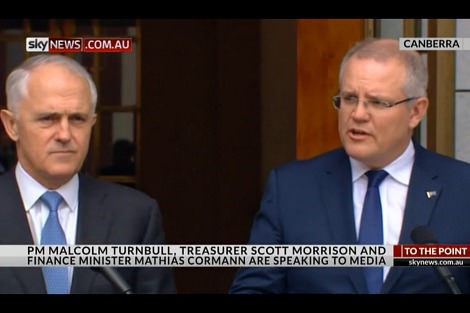
ECONOMICS
- Andrew Hamilton
- 20 September 2016
4 Comments
It is a welcome change to see budgets spoken of in moral terms. The government recently insisted on a moral responsibility to future generations to fix the deficit. And the Australian Catholic bishops welcomed on moral grounds the compromise that saw dropped from the budget measures which would further disadvantage vulnerable people. The difference was that the government's argument was focused on the budget, whereas the bishops' focused on particular groups of people.
READ MORE 
-
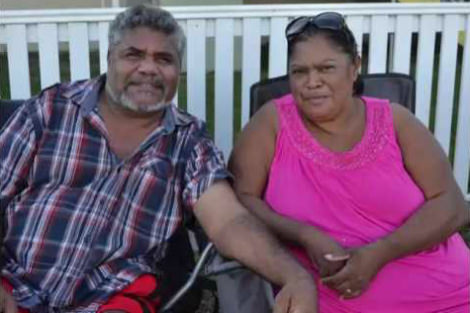
AUSTRALIA
- Dani Larkin
- 14 September 2016
9 Comments
On 8 September the ABC's 7:30 revealed yet another heartbreaking story of just another person who has contracted an asbestos-related disease. Ffloyd Laurie is a Bunjalung man from the Aboriginal community of Baryulgil, NSW - my home town. Like the rest of the Baryulgil community, including my mother, uncles, nan and pop, Ffloyde worked and lived with no idea of the consequences and health risks caused by that asbestos. Those consequences have proven to be fatal already for my pop.
READ MORE 